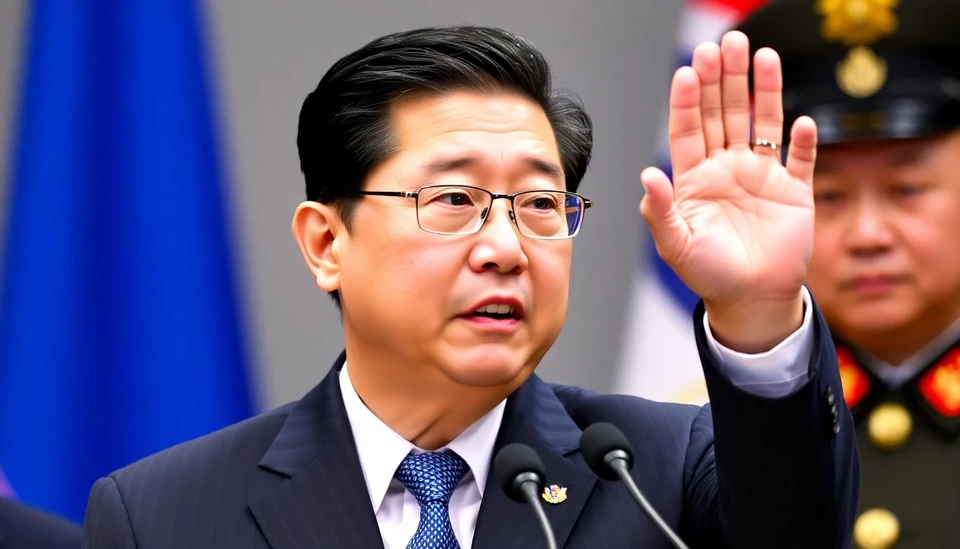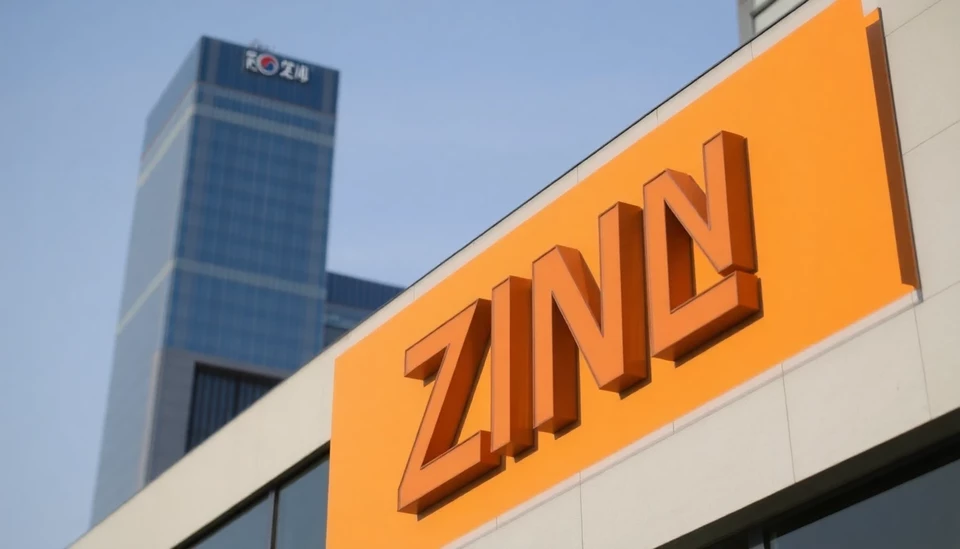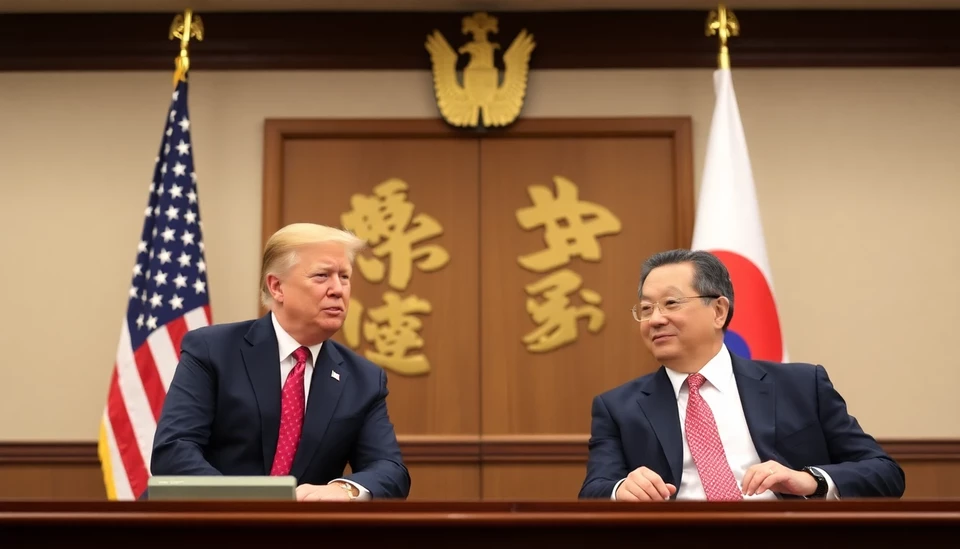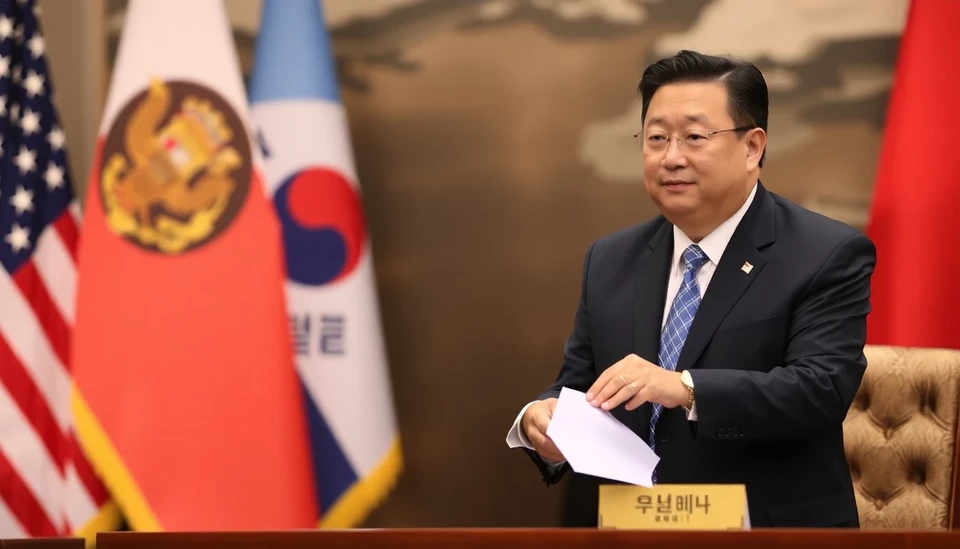
The political landscape in South Korea has taken a dramatic turn as President Yoon Suk-yeol faces an unprecedented drop in approval ratings, now standing at a record low. This sudden decline follows a contentious decision to impose martial law as a response to escalating civil unrest and protests within the country.
In recent weeks, South Korea has been rocked by widespread demonstrations against government policies and economic challenges, including soaring inflation and rising unemployment rates. The situation intensified, prompting the government to take drastic measures, including the controversial martial law, sparking outrage among the populace.
Critics have described the president's actions as an overreach of power, with many citizens expressing their discontent through protests and social media. The martial law was initially viewed as a necessary step to restore order, but as the situation unfolded, public perception began to shift drastically. Many citizens interpreted the declaration as a sign of the government’s inability to handle the crisis through diplomatic means and public engagement.
According to recent surveys, more than 60% of respondents expressed dissatisfaction with Yoon's leadership, citing the martial law as a significant factor in their discontent. These figures represent a steep decline from just a few months prior, when his administration enjoyed a more favorable view amid constructive engagements and international diplomacy efforts.
Amidst this political turmoil, leaders from various opposition parties have seized the opportunity to criticize the government’s decision, calling for Yoon's resignation and demanding a return to democratic norms. There has been growing concern over potential human rights abuses under the martial law regime, which could further exacerbate the already tense situation.
As protests continue and international observers closely monitor the developments, analysts are left to ponder the implications of this political crisis on South Korea's future, both domestically and in terms of its international relations. The president’s approach to governance is increasingly scrutinized, leading many to question whether his policies can effectively address the underlying issues facing the nation.
With public sentiment shifting dramatically, Yoon must navigate a precarious path forward. The administration’s ability to restore trust and confidence among its citizens will be tested in the coming weeks as the impact of the martial law continues to unfold.
Observers note that the martial law may have unintended consequences for Yoon's government, potentially galvanizing opposition forces and deepening divisions within the country. As civil liberties are challenged under the current state of emergency, many are calling for a reevaluation of the administration's strategies to confront the crises at hand.
The aftermath of this political turbulence could reshape the South Korean political landscape, as citizens demand transparency, accountability, and a government that prioritizes the well-being of its people over authoritative control. As the situation evolves, the global community watches closely, hoping for a resolution that respects democratic principles and human rights.
In conclusion, the monumental fall in Yoon Suk-yeol’s approval ratings following the imposition of martial law signals a critical moment in South Korea's democratic history. The coming weeks will be essential in determining how the current administration adapts to an increasingly discontented populace.
#SouthKorea #Politics #MartialLaw #YoonSukYeol #Protests #CivilRights #GovernmentCrisis #PublicDiscontent
Author: Daniel Foster




